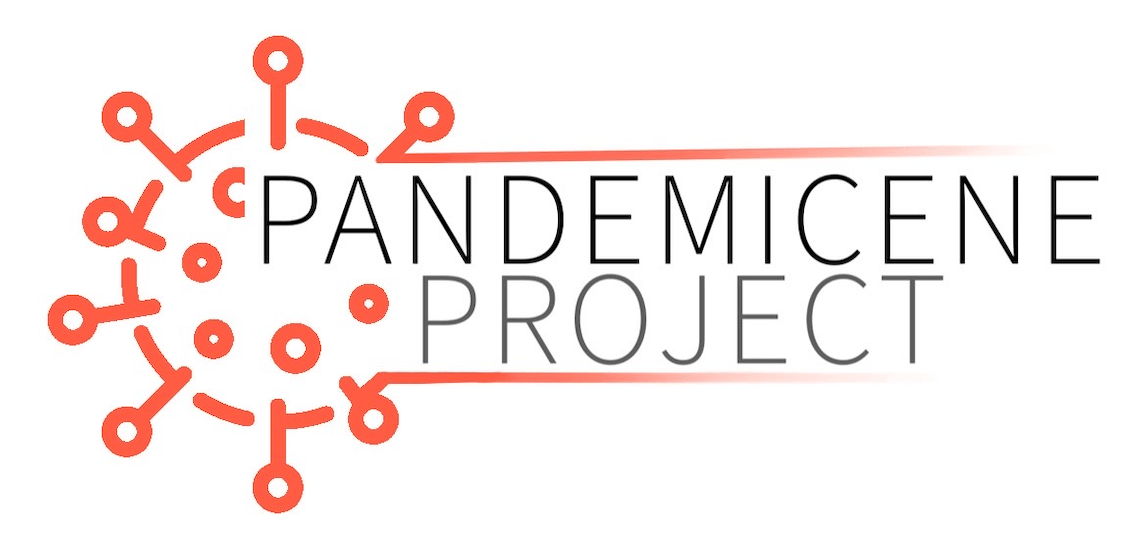by Tee Wicks
The global pandemic of COVID-19 is something that has never before been seen in recent history. CEPI, the Coalition for Epidemic Preparedness Innovations, is a company established by the Bill & Melinda Gates Foundation that finances independent research in developing vaccines for emerging diseases and centralizes on pandemic preparedness in low and middle-income countries (LMIC). In wake of the COVID-19 pandemic, CEPI has worked rapidly to raise over $924 million dollars dedicated to the development of a vaccine for the virus. CEPI has its own equitable access policy which states to ensure that LMIC’s will have equal accessibility to vaccinations and treatments created by the company just as developed countries do. Many manufacturers do not see CEPI’s equitable access policy as reliable in competitive business models without guaranteed financial gain or intellectual property rights. In December 2018, however, CEPI revised its philanthropic policy most likely in response to pharmaceutical industries’ unwillingness to collaborate on a partnership. The revised equitable access policy no longer guarantees the promise of affordable vaccine prices and takes zero accountability to investors. Because the profit returns are not large enough to warrant any investment, pharmaceutical companies are not as open or willing to invest in drug manufacturing in developing countries.
Pharmaceutical industries do not endorse rare diseases, or orphan diseases, that affect less than 200,000 people by the US medical standards. Expanding on this definition, the title of orphan diseases is also named for common diseases in developing countries, such as tuberculosis (TB), HIV/AIDS, or malaria, which large pharmaceutical companies neglect to treat and research due to their lack of pervasiveness in developed countries. According to WHO, “tuberculosis, HIV/AIDS, and malaria together account for nearly 18 percent of the disease burden in the poorest countries”, most of which are in Africa, South East Asia, and the Western Pacific. The disheartening fact of the matter is that all of these diseases are preventable and can be combated with existing medicines from developed countries and pharmaceutical industries, especially when granted orphan drug status to treatments and candidate vaccinations.
The emergence of the COVID-19 pandemic, however, has shown that in disaster situations, normal protocols are not being followed. In March 2020, for example, Gilead requested and was subsequently granted orphan drug status by the FDA for Remdesivir, a potential treatment for COVID-19. The Orphan Drug Act of 1983 was signed in order to combat and fund research and development for rare diseases observed by the FDA, such as Lou Gehrig’s Disease or Tourette’s Syndrome. This title would ultimately limit competing manufacturers from developing generic versions of the drug, would guarantee tax credits for development, and ultimately grant Gilead the power to name their own price. COVID-19, however, is in no such way an orphan disease seeing that it has been confirmed to have affected over one million people in the US and nearly four million people globally. After a public uproar, Gilead has since then revoked Remdesivir’s status as an orphan drug. During this emergency basis, it is clear that normal protocols are not being followed. Major pharmaceutical manufacturers may still be profit-hungry, but perhaps COVID-19 will change the status-quo direction of compulsory license options.
COVID-19 may prove whether or not CEPI will follow through with its promises of equal accessibility to deliver a non-patent vaccination, challenging the usual business approaches of Big Pharma. Medical innovation is crucial for the development of a vaccine to COVID-19, however, global accessibility to ensure aid is given to every person in need is even more critical to slow the rapid circulation of the virus that has reached every corner of the globe.
